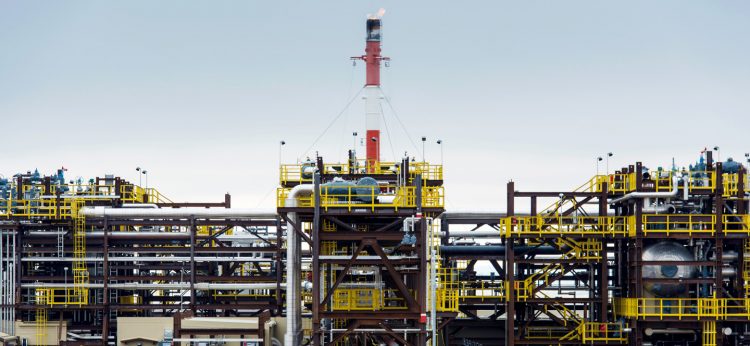
BC’s Oil and Gas Commission: A captured regulator
by Ben Parfitt | August 14, 2019
In June 2015 “in an effort to expedite” the building of a pipeline by Alliance Pipeline Ltd., a company called Synergy Land Services submitted falsified documents to British Columbia’s Oil and Gas Commission. The documents were deliberately altered to suggest that archaeological work was done at two sites when in fact it had only been …
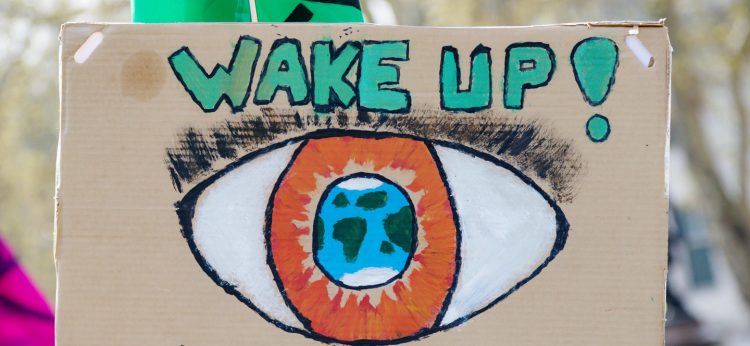
When it comes to climate action, the public is ahead of our politics: Analysis of national climate poll
by Seth Klein | August 12, 2019
Last month, as part of the research for a book I am writing on mobilizing Canada for the climate emergency, I commissioned an extensive national public opinion poll from Abacus Data.* The full results of the poll can be found on the Abacus website here. I share highlights and my analysis below. Big picture: the …
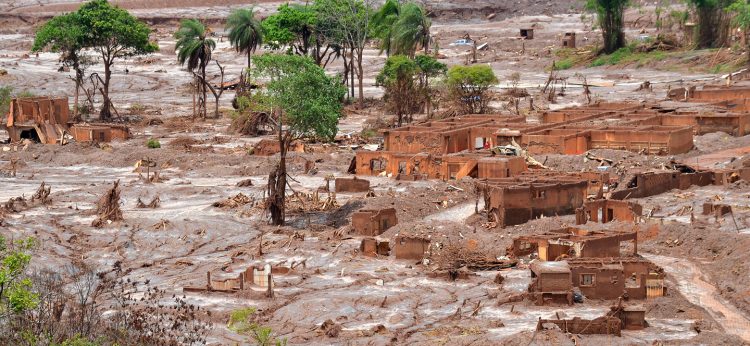
Tailings dam collapses in the Americas: Lessons learned?
by Judith Marshall | August 8, 2019
In fewer than five years, three major dam collapses have occurred in the Americas—the most recent of which killed more than 230 people, and likely killed up to 260; many of the dead have never been recovered from the toxic mining sludge in which they were buried. The disasters that unfolded in both British Columbia …
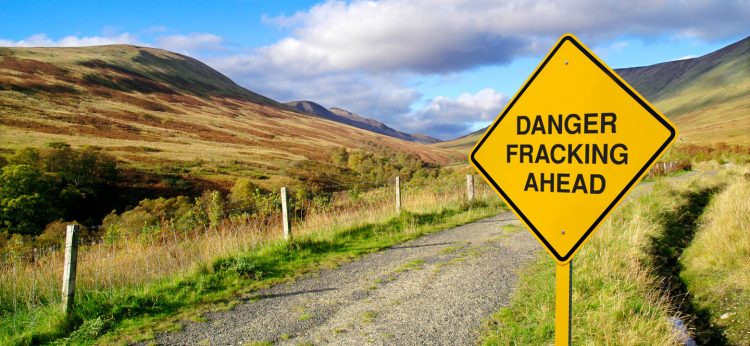
The time to act is now: Fracking risks do not require further study
by Ben Parfitt | July 22, 2019
When British Columbia’s new government took office in July 2017, one thing was notably absent in the mandate letter delivered by Premier John Horgan to the province’s new energy minister. Hydraulic fracturing—or fracking—was mentioned not once. Nor did the letter acknowledge that months earlier the New Democratic Party had committed to appoint a scientific panel …
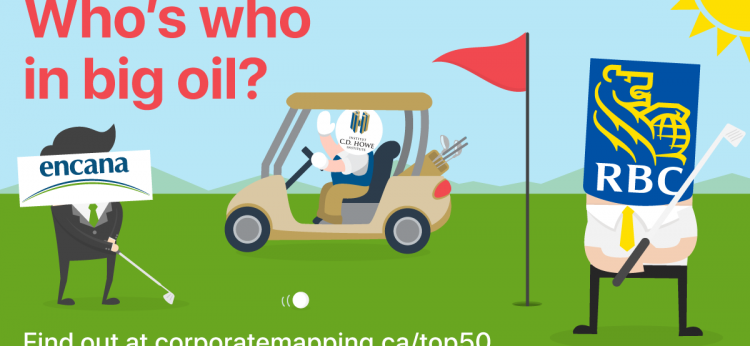
Fossil-Power Top 50 launched
by Corporate Mapping Project | July 3, 2019
Who’s who of Canada’s fossil fuel industry in a publicly accessible database (VANCOUVER) What do Suncor, Encana, the Royal Bank of Canada, the Fraser Institute and 46 other companies and organizations have in common? They are among the entities that make up the most influential fossil fuel industry players in Canada. Today, the Corporate Mapping …
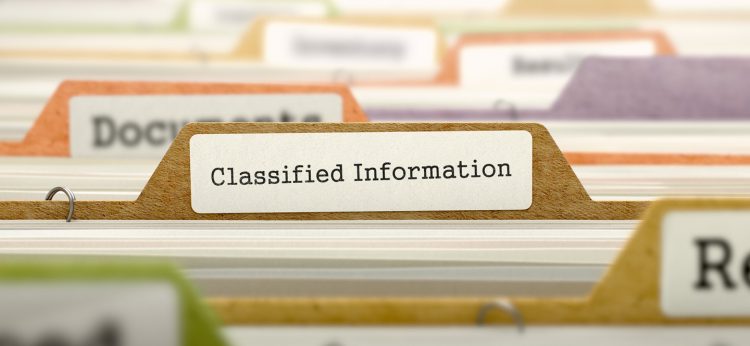
How much is BC giving to natural gas companies?
by Ben Parfitt | June 24, 2019
All British Columbians have a stake in the pricing of natural resources. When trees are logged, when minerals are mined, when fossil fuels are drilled, the companies doing the extracting pay fees to the Province in recognition that the resources are publicly owned. It is therefore in everybody’s interest to know how the government prices …
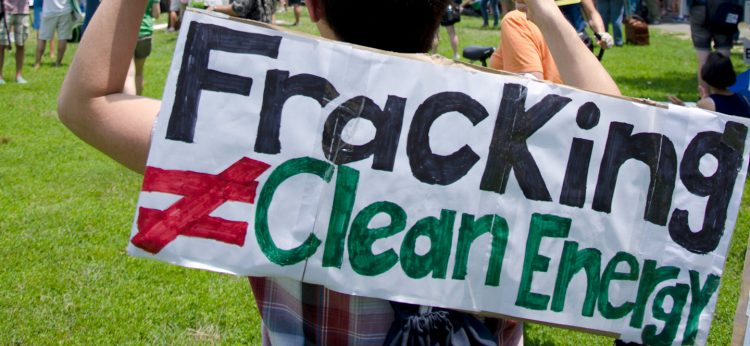
LNG’s big lie
by Marc Lee | June 17, 2019
The federal government is seeking to use a clause in the Paris Agreement on climate change to get emissions credits for exports of liquefied natural gas (LNG) to Asian countries. This plan is nonsensical for a number of reasons, but at its heart is the “big lie” that LNG will help to reduce global emissions. …
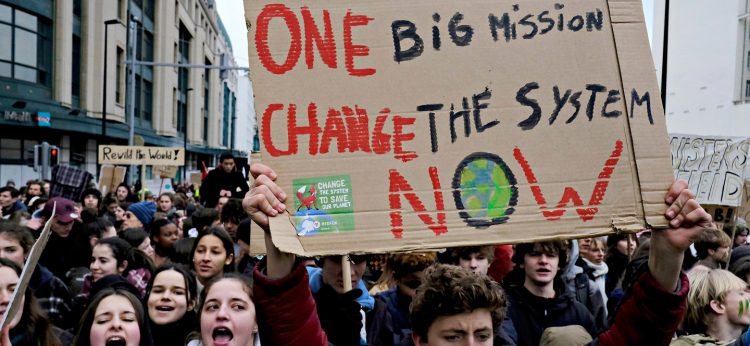
What would a fossil fuel wind-down look like?
by Marc Lee | June 12, 2019
Canada has an uneasy history when it comes to fossil fuels and climate change. Our leaders have been great at setting far-off targets for reducing greenhouse gas (GHG) or carbon emissions, then failing to meet them. As part of the 2015 Paris Agreement on climate change, Canada committed to a 30-per-cent reduction in carbon emissions …
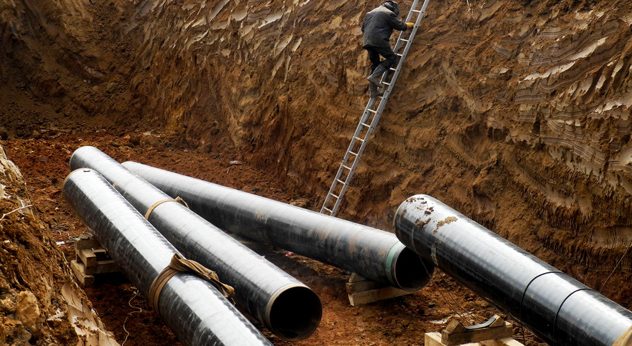
Reality check: High BC gas prices and pipeline rhetoric from Alberta’s new premier
by David Hughes | May 7, 2019
Alberta’s new premier, Jason Kenney, has wasted no time engaging in belligerent actions to “get Alberta’s resources to market.” Right off the bat he passed the “turn off the taps” bill to cut off BC’s supply of oil if the Province doesn’t reverse its stance opposing the Trans Mountain pipeline expansion (TMX). He also claimed …
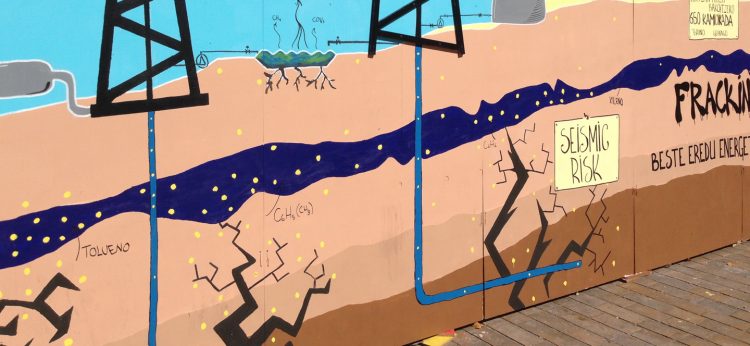
Memo to northeast BC: More fracking earthquakes ahead
by Ben Parfitt | April 30, 2019
Of the many “unknowns” flagged in a recent science panel report, few are as disturbing as the finding that no one can say how destructive an earthquake may one day be triggered during brute-force oil and gas industry fracking operations. The panel’s report—commissioned by Michelle Mungall, BC’s Minister of Energy, Mines and Petroleum Resources—has landed …
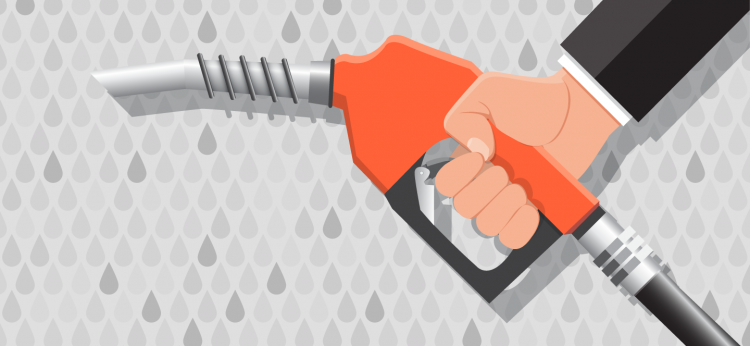
Turn off the taps? Alberta already has Vancouver over a barrel
by Marc Lee | April 29, 2019
Drivers in Metro Vancouver are reeling from record high gas prices, and many commentators are blaming taxes. Now, Alberta’s Premier-elect Jason Kenney is threatening to “turn off the taps” to push prices even higher because, it is alleged, BC is causing them to lose billions of dollars in oil revenues by opposing the Trans Mountain …
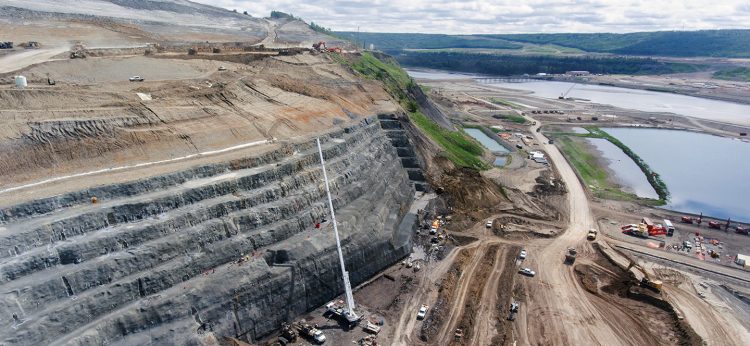
Shaking the Peace: Fracking-induced earthquakes rattle BC Hydro execs and farmers alike
by Ben Parfitt | March 21, 2019
BC Hydro officials were so alarmed by an earthquake that shook the ground at its sprawling Site C dam construction project in late November, they ordered a halt to all work and got on the phone to British Columbia’s Oil and Gas Commission (OCG). The 4.5 magnitude earthquake was linked to natural gas company fracking …











